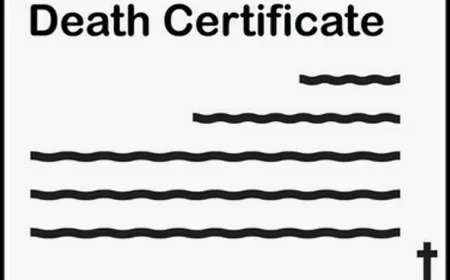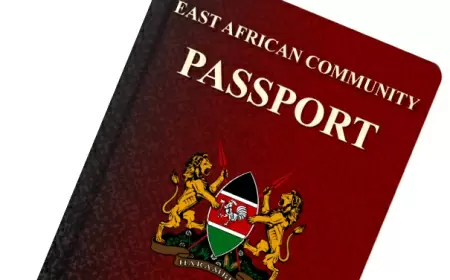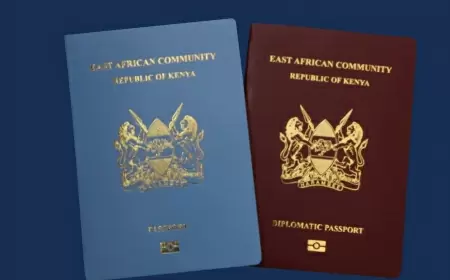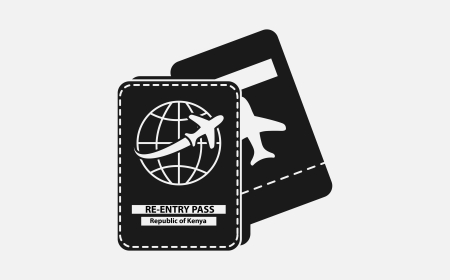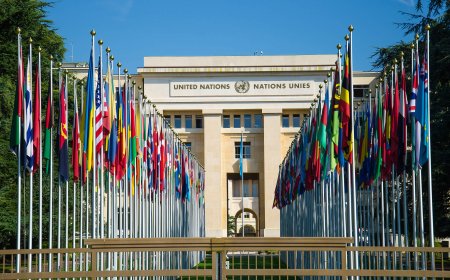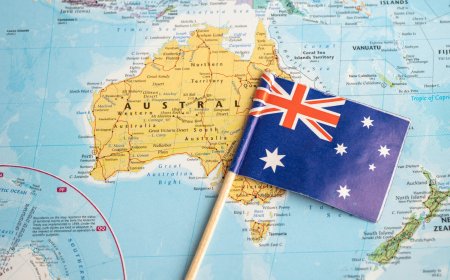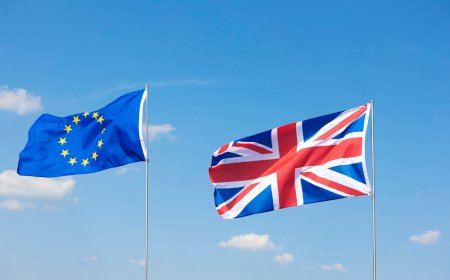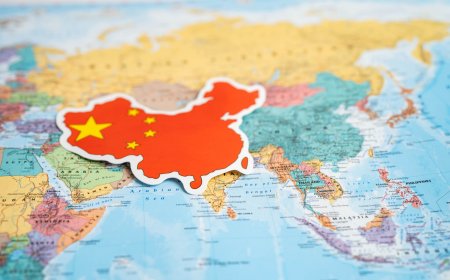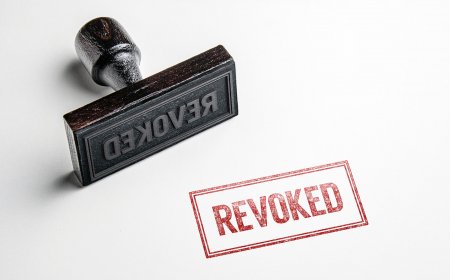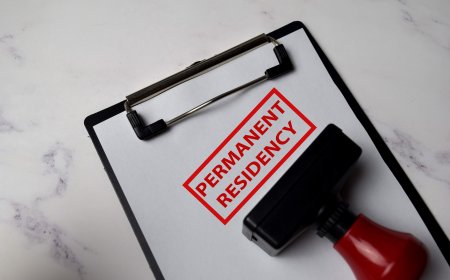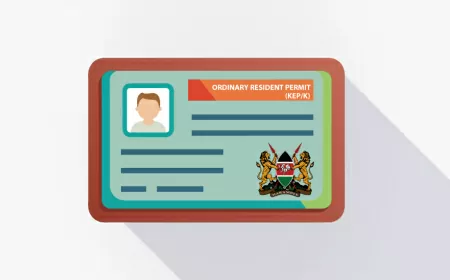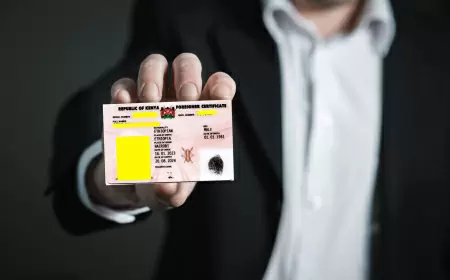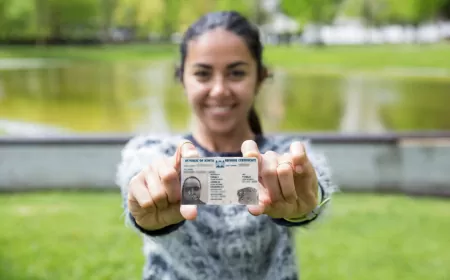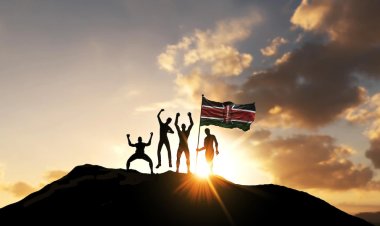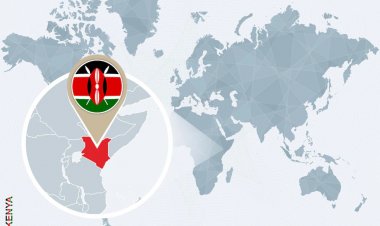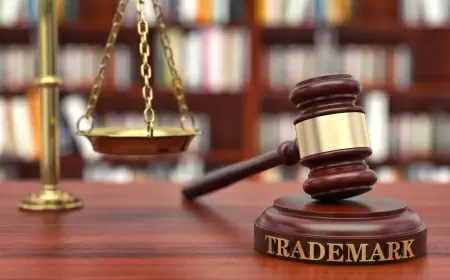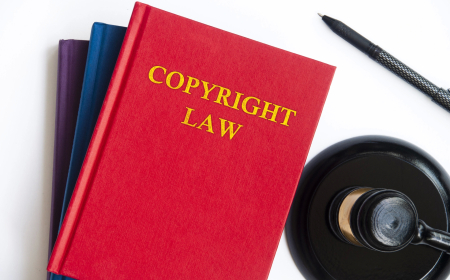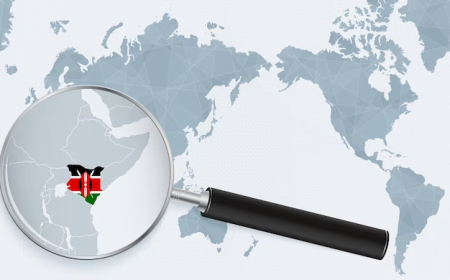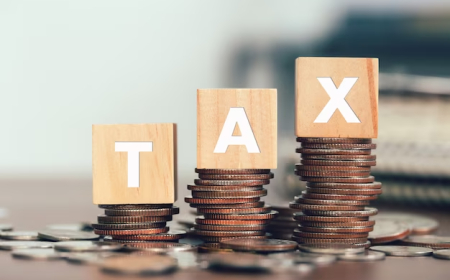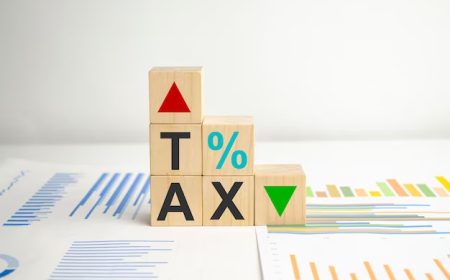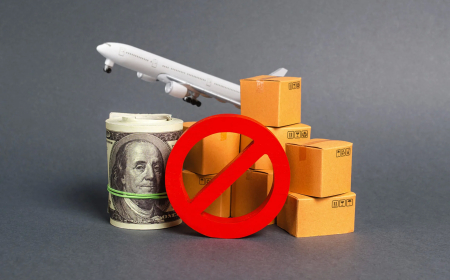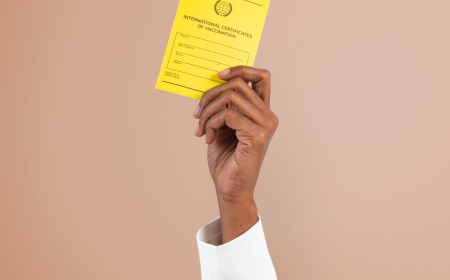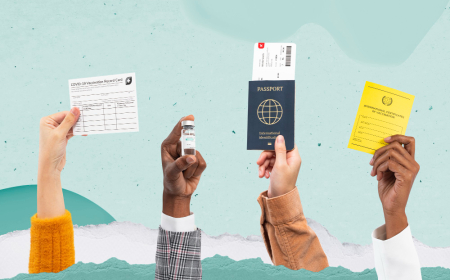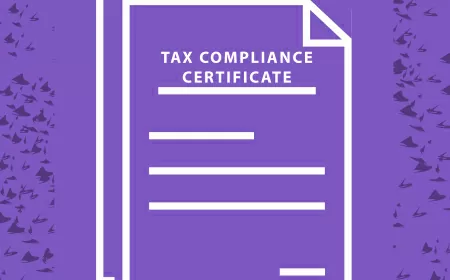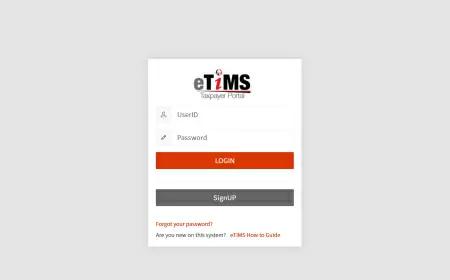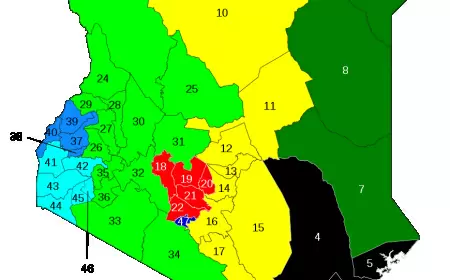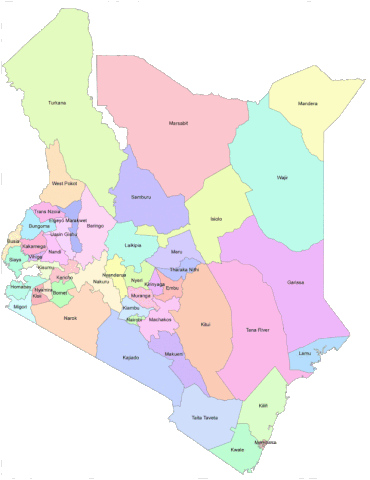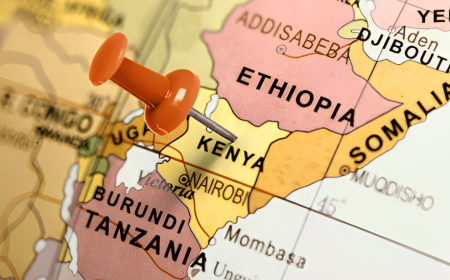Trademarks
Discover everything you need to know about trademarks in Kenya with our comprehensive guide. Learn about the registration process, legal requirements, and how to protect your intellectual property. Stay informed and make informed decisions for your business in Kenya.
1. What is a Trademark and Why is it Important in Kenya?
Trademark law provides legal protection for distinctive signs that distinguish goods or services in the marketplace. Trademarks can be logos, words, symbols or a combination thereof that uniquely identify products or services from a specific source.
Registering a trademark helps to prevent others from using similar marks that could cause confusion among consumers.
2. The Trademark Registration Process in Kenya
The registration process for trademarks in Kenya involves several steps.
- Conducting a comprehensive trademark search to ensure the uniqueness of the brand identifier.
- File a trademark application with the Kenya Industrial Property Institute (KIPI) by submitting details and specimens of the brand identifier.
3. Benefits of Registering a Trademark in Kenya
In Kenya, registering a trademark serves as concrete proof of exclusive ownership. This not only establishes your rights but also acts as a deterrent to potential infringers who may try to exploit the reputation and recognition associated with your mark. By securing trademark registration, you can safeguard your brand and prevent others from capitalizing on its goodwill.
During the registration process, thorough checks are conducted to ensure that your trademark is distinct and does not bear resemblance to any existing trademarks. This ensures that your mark is unique and helps you avoid infringing on the rights of other parties.
Using an unregistered trademark can result in a complex and costly legal battle over ownership rights. On the other hand, having a registered trademark is extremely valuable for business growth, particularly through licensing franchises.
4. Types of Trademarks Recognized in Kenya
In Kenya, there are several types of trademarks that are recognized and protected by the law. Understanding these different types can be crucial for businesses and individuals seeking to protect their intellectual property.
- Registered Trademark :The most common type of trademark in Kenya is the registered trademark. This is a distinctive sign or symbol that is used to identify goods or services provided by a particular company or individual.
- Service Mark :Another type of trademark recognized in Kenya is the service mark. Similar to a registered trademark, a service mark distinguishes services instead of physical goods. It allows businesses to protect their brand identity and reputation in relation to the services they offer.
- Distinguishing Guise A distinguishing guise refers to the specific form or packaging of a product that sets it apart from others. Registering this unique shape, such as a rabbit-shaped chocolate, as a trademark can help create a distinctive identity for your product.
- Certification Mark Lastly, certification marks are also acknowledged in Kenya. These marks indicate that certain products or services meet specific standards set by an organization or authority. Certification marks provide assurance to consumers about the quality and authenticity of the certified goods or services.
- Well-known marks: Marks that are considered to be well known in the market and as a result benefit from stronger protection.
By registering these trademarks appropriately, businesses and individuals can safeguard their brands and prevent unauthorized use by others within the country's legal framework.
5. How Long Does Trademark Protection Last in Kenya?
A trademark registration is valid for 10 years from the application date. About 6 months before expiration, the registrar will notify the trademark owner of the upcoming expiration.
6. Enforcing Your Trademark Rights in Kenya
It is essential to monitor and enforce your trademark rights once registered in Kenya. Regularly monitoring potential infringements and taking appropriate legal actions can help safeguard your brand's reputation and prevent unauthorized use of your mark.
7. International Considerations for Protecting Your Trademark in Kenya
When it comes to protecting your trademark internationally, it is crucial to consider the specific requirements and regulations of each country. In this section, we will focus on the international considerations for protecting your trademark in Kenya, with a particular emphasis on the Madrid System.
The Madrid System is an international treaty administered by the World Intellectual Property Organization (WIPO). It provides a convenient and cost-effective way for trademark owners to protect their marks in multiple countries through a single application.
By utilizing the Madrid System, trademark owners can designate Kenya as one of the countries where they seek protection. This streamlines the process by eliminating the need to file separate applications in each individual country.
It is important to note that while joining the Madrid System simplifies the filing process, it is still necessary to adhere to Kenya's specific laws and regulations regarding trademarks. This includes ensuring that your mark meets all eligibility criteria and complies with local requirements.
8. In Conclusion
In conclusion, this comprehensive guide provides valuable insights into the world of trademarks in Kenya and serves as a useful resource for individuals and businesses looking to protect their intellectual property rights. However, understanding and complying with Kenya's specific laws and regulations are crucial for effectively protecting your trademark within this jurisdiction.
Was this information helpful ?








